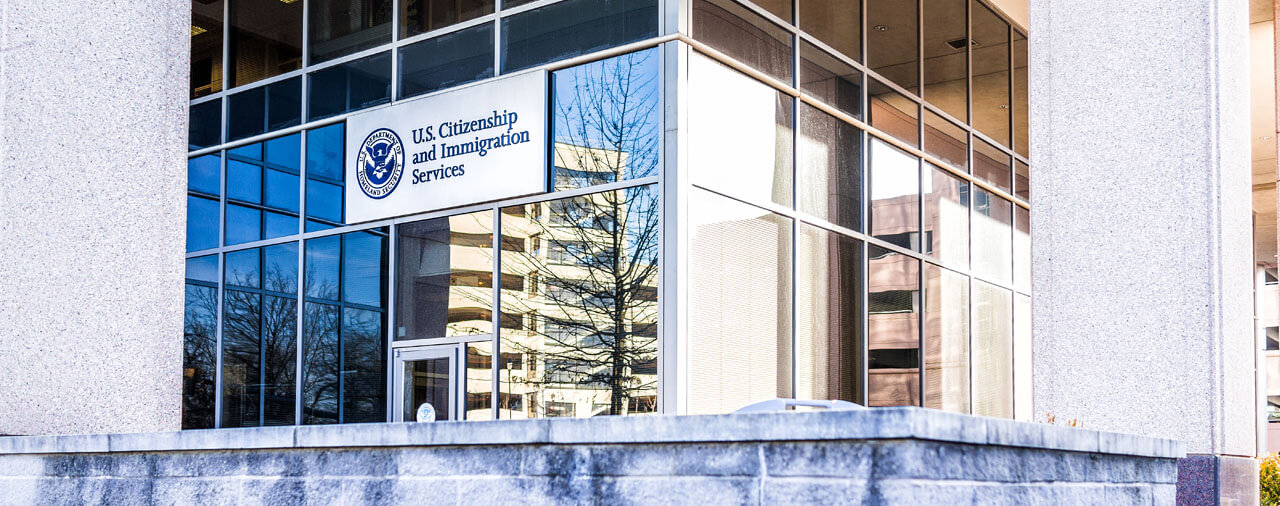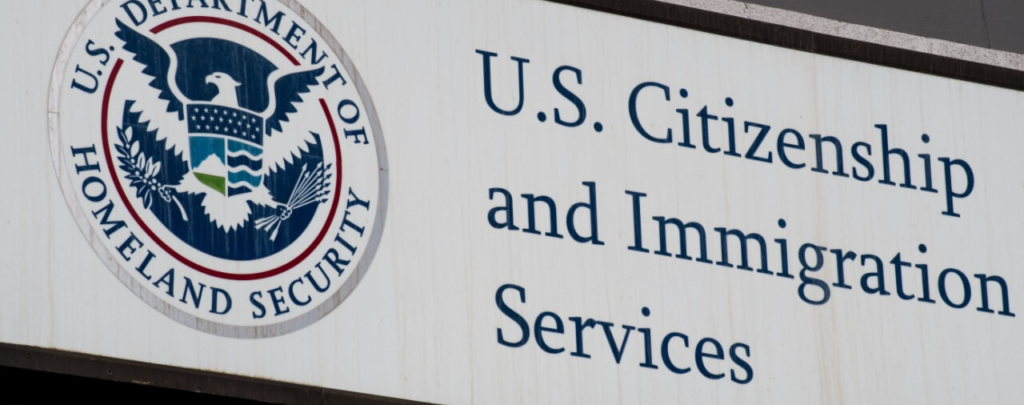On June 25, 2020, the Deputy Director for Policy for the United States Citizenship and Immigration Services (USCIS), Joseph Edlow, issued a statement about severe budget problems at the USCIS [PDF version].
USCIS is funded by fees rather than by direct appropriations. During the ongoing coronavirus (COVID-19) outbreak, USCIS has seen a steady decline in the number of applications. As a result, “[f]orecasts predict a crippling budget shortfall that requires assistance from Congress to allow USCIS to maintain current operations.” Edlow stated that the USCIS “has seen a 50% drop in receipts and incoming fees starting in March and estimates that application and petition receipts will stay well below plan through the end of Fiscal Year 2020.”
On May 15, USCIS notified Congress about its budget shortfall and requested $1.2 billion in emergency funding. The USCIS proposed that it would repay the funds by adding a 10% surcharge to its filing fees.
Thus far, Congress has not moved on giving USCIS the emergency funds. Edlow stated that “[w]ithout congressional action before August 3, USCIS will need to furlough over 13,000 staff members…”
It is unclear whether Congress will approve USCIS’s emergency funding request, and if so, what conditions might be attached to the funds. USCIS’s position is that without the funds, it will begin implementing extreme cost-control measures, including furloughs. That would potentially lead to cuts in USCIS services and delays in processing forms.
While the fate of USCIS’s funding is out of applicants’ hands, individuals who need guidance on specific issues involving the USCIS should consult with an experienced immigration attorney.





